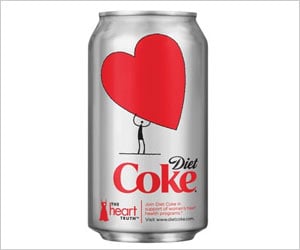Young Japanese are rapidly losing interest in cars and drinking and choosing instead to save their money, a survey said Wednesday.
Young Japanese are rapidly losing interest in cars and drinking and choosing instead to save their money, a survey said Wednesday.
Young people in the world's second-largest economy, famed for its love of luxury goods, are also growing less keen on audio-video equipment, sporting goods and foreign designer brands, it said.The Nikkei business daily, which surveyed 1,207 people in their 20s who live in the Tokyo area, said that only 25.3 wanted a car -- half the 48.2 percent in a similar poll in 2000.
A mere 13 percent actually owned a car, down from 23.6 percent in 2000.
Their interest in alcohol is also fading, with many calling it a waste of money.
A total of 34.4 percent of those surveyed in their 20s said they do not drink at all or drink less than once a month, compared with 27.6 percent of people in their 30s.
As for how people in their 20s actually spend their money, the Nikkei said that 36 percent chose to save it, far up 8.2 points from 2000.
Japan is in the midst of its longest expansion in the post-World War II era, but private consumption has been stagnant.
Source-AFP
SRM/J
 MEDINDIA
MEDINDIA
 Email
Email





